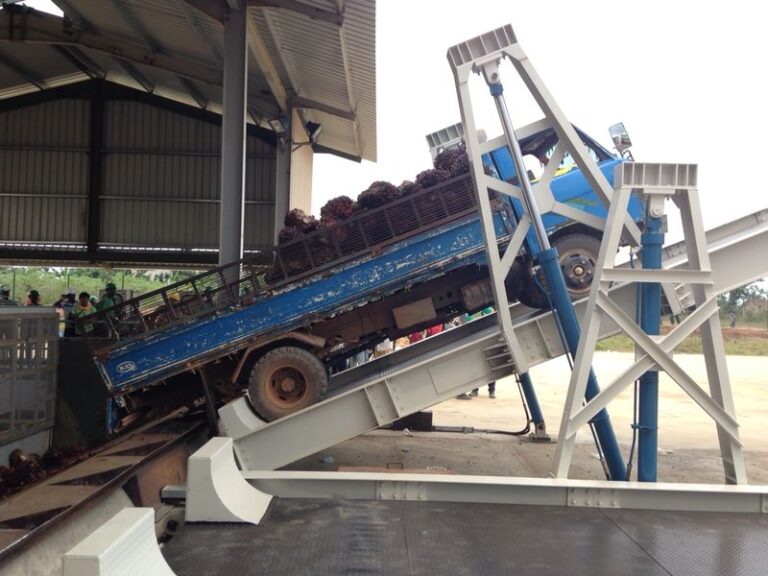After a sustained downturn, Malaysian palm oil futures have edged higher, signalling a potential shift in market sentiment. This uptick, following five consecutive sessions of decline, reflects a confluence of factors including anticipated demand resurgence and geopolitical developments that may influence trade dynamics.
Malaysian palm oil futures have recently climbed to approximately MYR 3,930 per tonne, marking a modest recovery from a series of losses. This movement aligns with signals from the U.S. administration hinting at possible tariff relief on Chinese goods, a development that could invigorate global trade flows and, by extension, demand for palm oil. Furthermore, cargo surveyors have reported a notable increase in palm oil exports, rising between 13.8% and 14.8% during the period from April 1 to 25, suggesting a strengthening demand trajectory.
In China, expectations are mounting for increased imports in May and June as the country seeks to replenish stocks ahead of heightened summer demand. This anticipated uptick in Chinese imports could provide additional support to palm oil prices in the near term. Conversely, India’s palm oil imports have declined by 24% in April compared to March, maintaining a below-average level for the fifth consecutive month. This reduction is attributed to palm oil’s premium over soyoil, prompting Indian buyers to pivot towards the more cost-effective alternative.
Market participants are also exercising caution ahead of the forthcoming data release from the Malaysian Palm Oil Council, expected next week. Preliminary forecasts suggest that palm oil stocks may have risen for the second consecutive month in April, with output potentially increasing by 16.9% from March, reaching the highest level since November. Such an increase in production and inventory levels could exert downward pressure on prices if not met with commensurate demand growth.
The Malaysian ringgit’s recent appreciation has been deemed tolerable by authorities, with minimal impact on export competitiveness. A stable currency environment may further bolster Malaysia’s position in the global palm oil market.
The recent rebound in Malaysian palm oil futures is underpinned by a combination of anticipated demand increases, particularly from China, and potential easing of trade tensions between major economies. However, the market remains vigilant, with attention focused on upcoming production and inventory data that could influence future price movements.
Dekel Agri-Vision PLC (LON:DKL) aspires to become a leading agro-industrial company in West Africa, one that creates value for shareholders whilst at all times placing the interests of the local communities and environment in which it operates in at the heart of its operations.







































